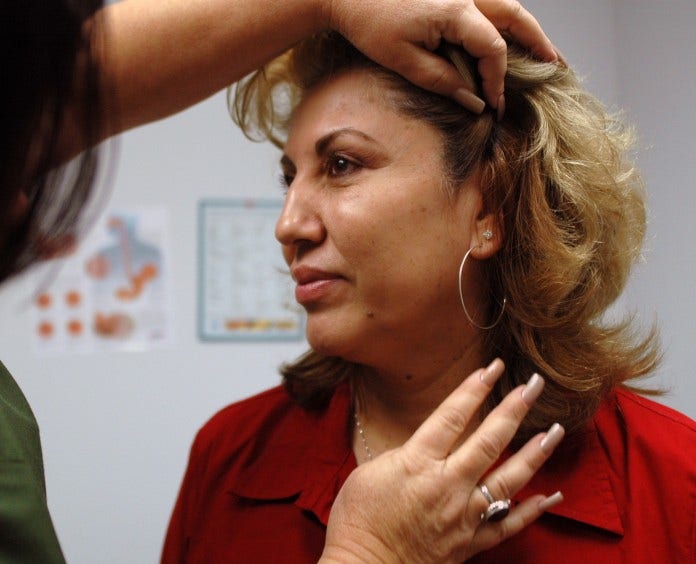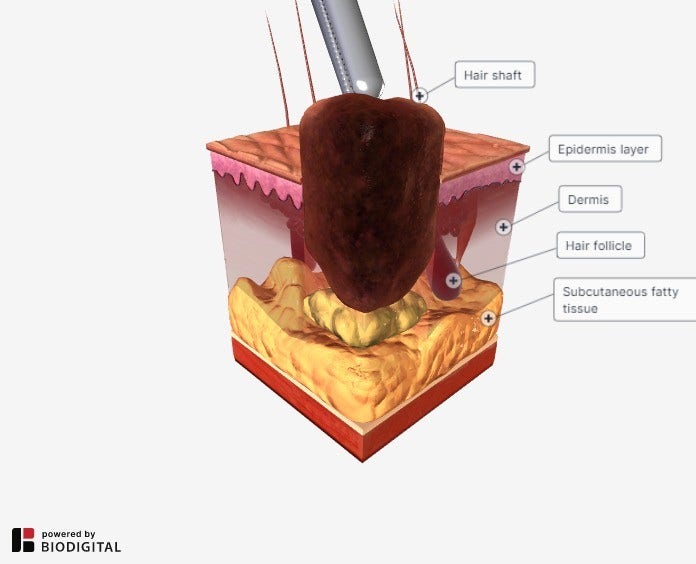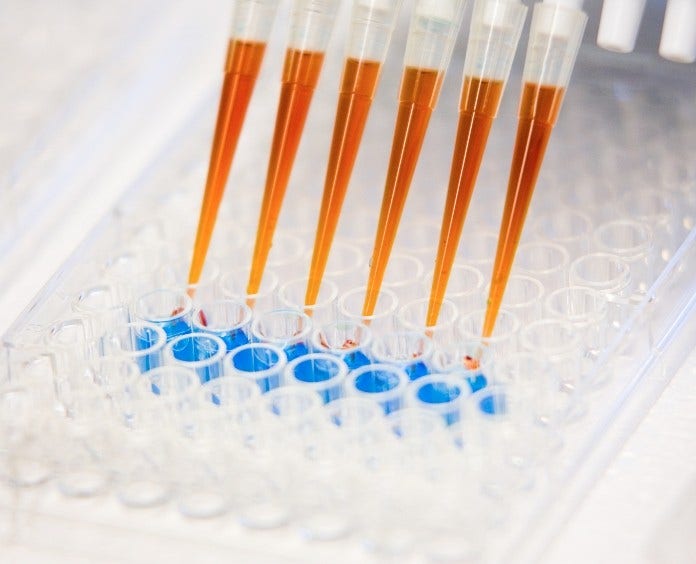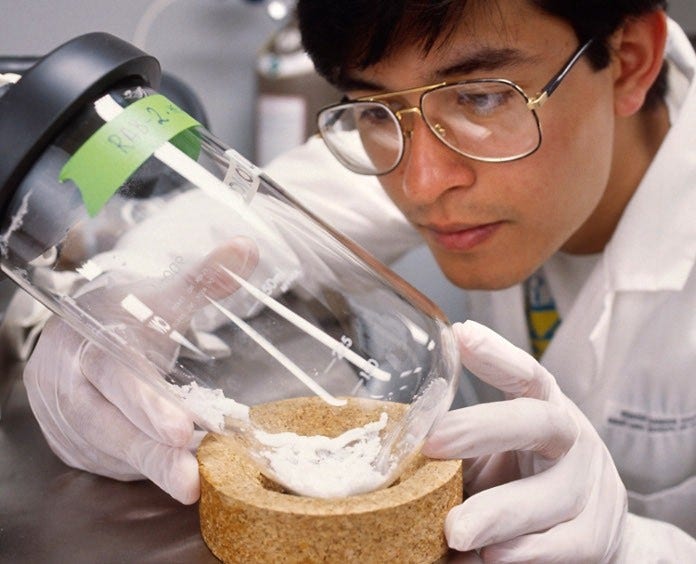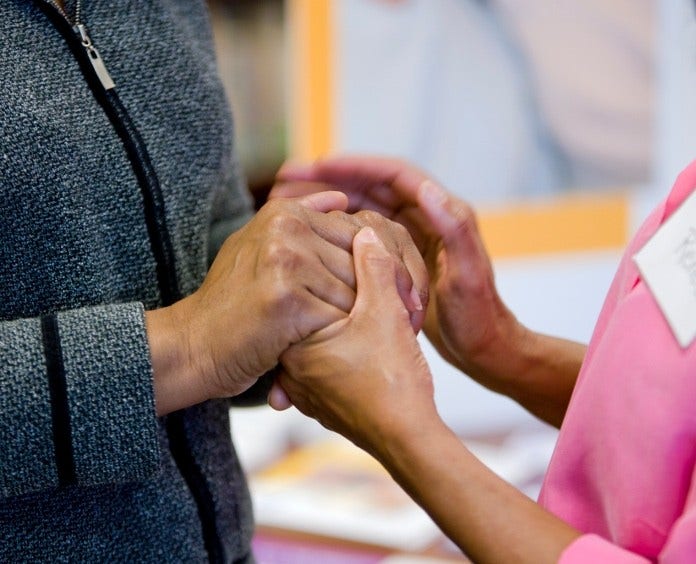Your gift is 100% tax deductible.
Merkel Cell Skin Cancer
If you have Merkel cell skin cancer (carcinoma) or are close to someone who does, knowing what to expect can help you cope. Here you can find out all about this type of cancer, including risk factors, symptoms, how it's found, and how it's treated.
Tools & Resources
This information is possible thanks to people like you.
We depend on donations to keep our cancer information available for the people who need it most.

